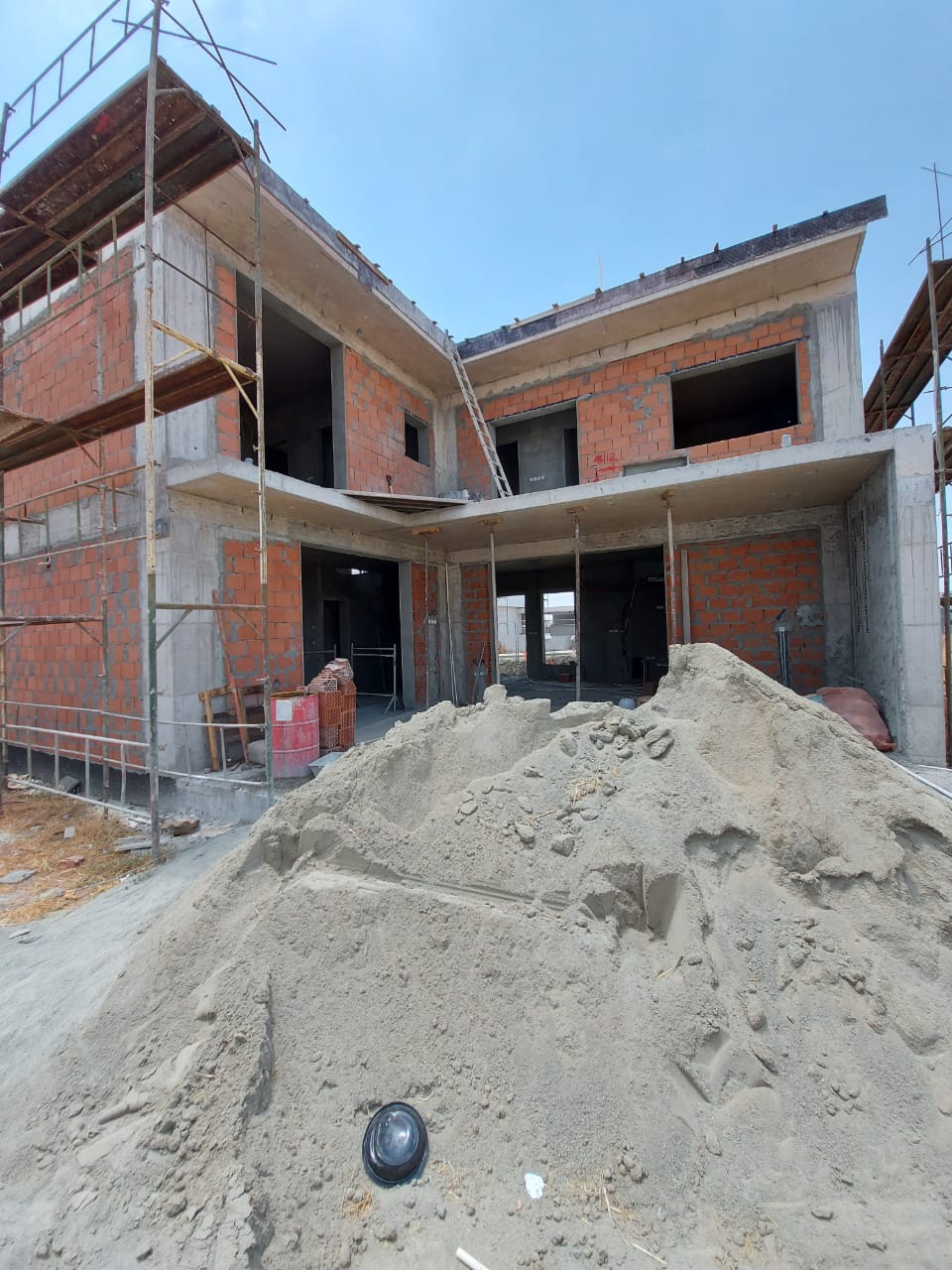Property development is the process of transforming land or buildings into valuable assets through various stages of planning, design, construction, and management. It involves identifying opportunities, securing financing, and coordinating multiple stakeholders to create residential, commercial, or mixed-use developments. Key elements of property development include:
Market Research: Conducting thorough market analysis to identify demand, trends, and opportunities for development in specific locations or market segments.
Feasibility Studies: Assessing the financial viability and risks associated with potential development projects, considering factors such as land costs, construction expenses, and projected returns on investment.
Land Acquisition: Acquiring suitable land parcels through purchase or negotiation, taking into account factors such as location, zoning regulations, and potential for future growth or appreciation.
Design and Planning: Collaborating with architects, engineers, and urban planners to create comprehensive design plans that maximize the potential of the site while meeting regulatory requirements and community needs.
Financing: Securing funding for development projects through sources such as equity investment, bank loans, government incentives, or partnerships with investors or joint venture partners.
Construction: Overseeing the construction process, including obtaining permits, hiring contractors, managing timelines and budgets, and ensuring quality control and compliance with safety and building codes.
Marketing and Sales: Developing marketing strategies to promote the project, attract potential buyers or tenants, and achieve optimal sales or leasing outcomes.
Property Management: Managing the ongoing operation and maintenance of completed developments, including tenant relations, facility management, and financial administration.
Successful property development requires a comprehensive understanding of real estate markets, strong project management skills, and the ability to navigate regulatory and financial complexities. It plays a vital role in shaping urban landscapes, meeting housing needs, and driving economic growth and prosperity.

